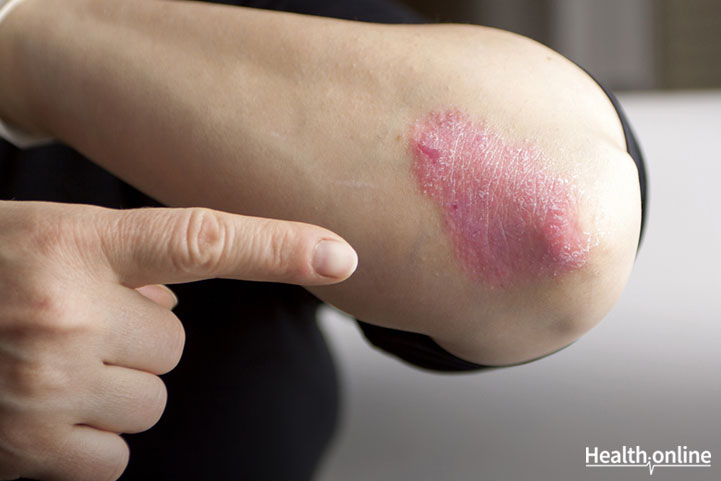
Risk Factors for Psoriasis
Psoriasis is a skin condition that causes brittle patches of red skin with silvery scales. Dermatologists believe that psoriasis commonly occurs when the body’s immune system attacks healthy cells mistaking them for dangerous substances. However, the exact reason remains a mystery. But it’s most likely a combination of triggers and genetics. Possible triggers of this troublesome condition include certain medicines, throat infection, and injury to your skin. Psoriasis flare-ups can last for days, weeks, even months, and can fade away and then return. Let’s look at some of the common causes of psoriasis.
Psoriasis Causes:
- Immune System Disruption: The immune system plays a major role in psoriasis. A disruption in the normal functioning of the immune system abnormally triggers inflammation in the skin, as well as in other parts of the body, and this can lead to psoriasis. What happens is that a certain type of white blood cells, known as T-lymphocytes, can sometimes produce inflammatory chemicals that cause cells to multiply, resulting in changes in skin blood cells, which in turn causes psoriasis. Typically, the white blood cells are meant to provide immunity to the body by attacking and destroying invading bacteria and fight infections. But when the T-Cells mistakenly attack the skin cells, they cause inflammation, and eventually psoriasis.
- Genetics: Psoriasis has a genetic basis and therefore, can be inherited. If you have an immediate family member with this condition, there is a higher chance that you can develop it too. However, the number of persons who have a psoriasis genetic predisposition is significantly small. Only 10 in every 100 people have genes that make them more likely to have psoriasis, but only two to three percent can actually develop it.
- Infections: Infections can also trigger psoriasis’ flare-ups. Strep infections are particularly associated with this skin condition, although other infections, such as pneumonia, tonsillitis, bronchitis, and earaches, can also set it off.
- Skin Injuries: Psoriasis can also be triggered by some skin injuries, including severe sunburn, a bug bite, a scrape, or a cut.
- Some Medications: Although medications are rarely the primary cause of psoriasis, some medicines can make the condition worse. Examples of medications that can worsen psoriasis include indomethacin/Indocin (used for treating inflammation); some antimalarial (e.g. quinacrine and chloroquine); heart medicines (such as Inderal and quinidine); and bipolar medicines (such as Lithium).
- Smoking: Scientists claim that smoking can double your risk of getting psoriasis. Besides, lighting up can affect the already developed psoriasis by increasing the frequency of the flares and making it harder to manage the symptoms.




